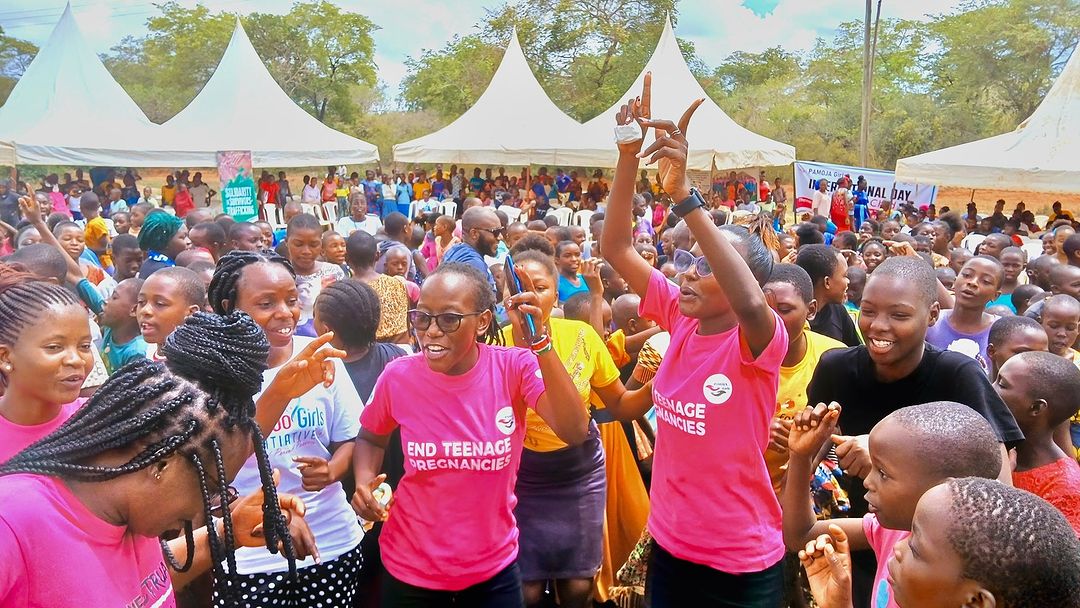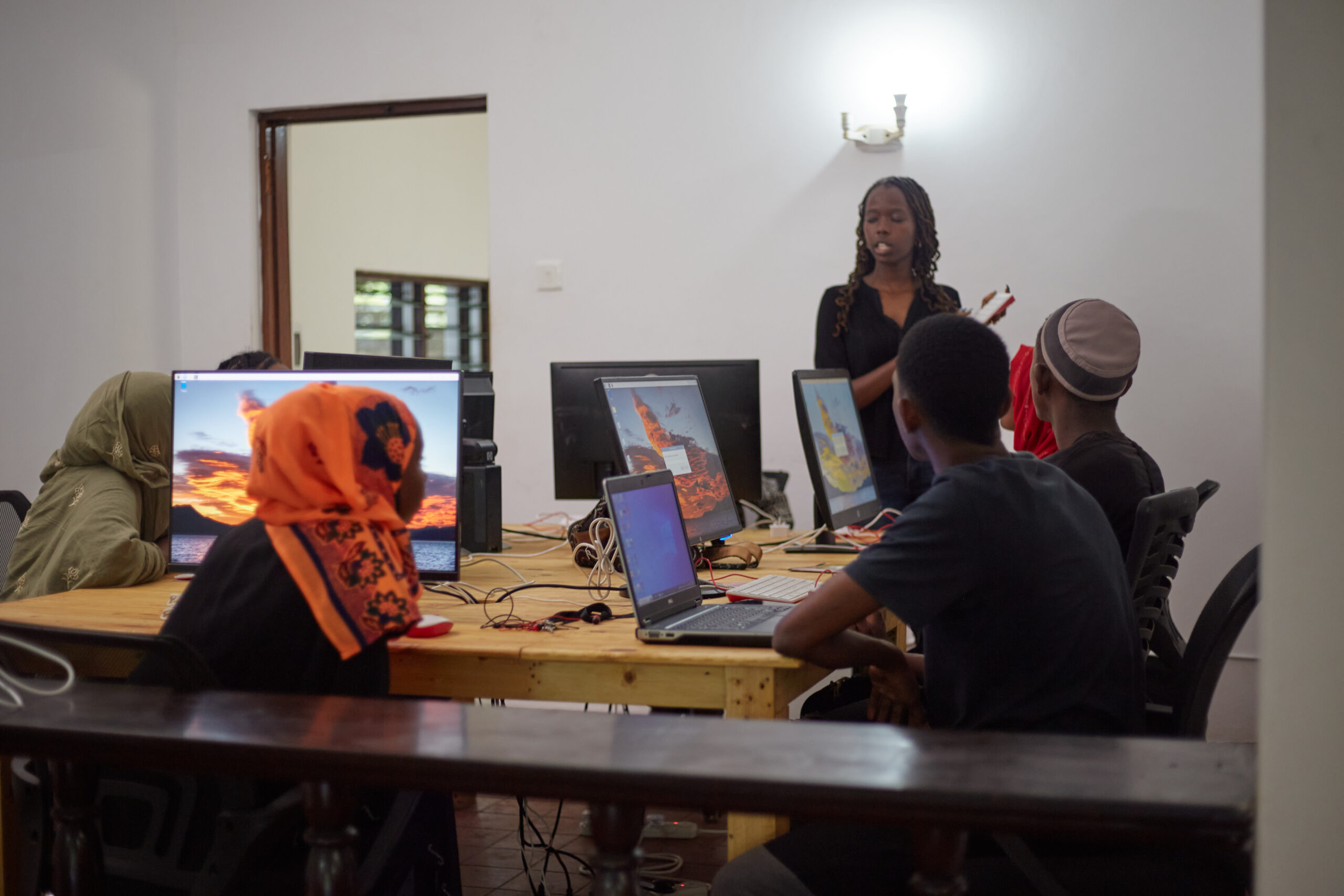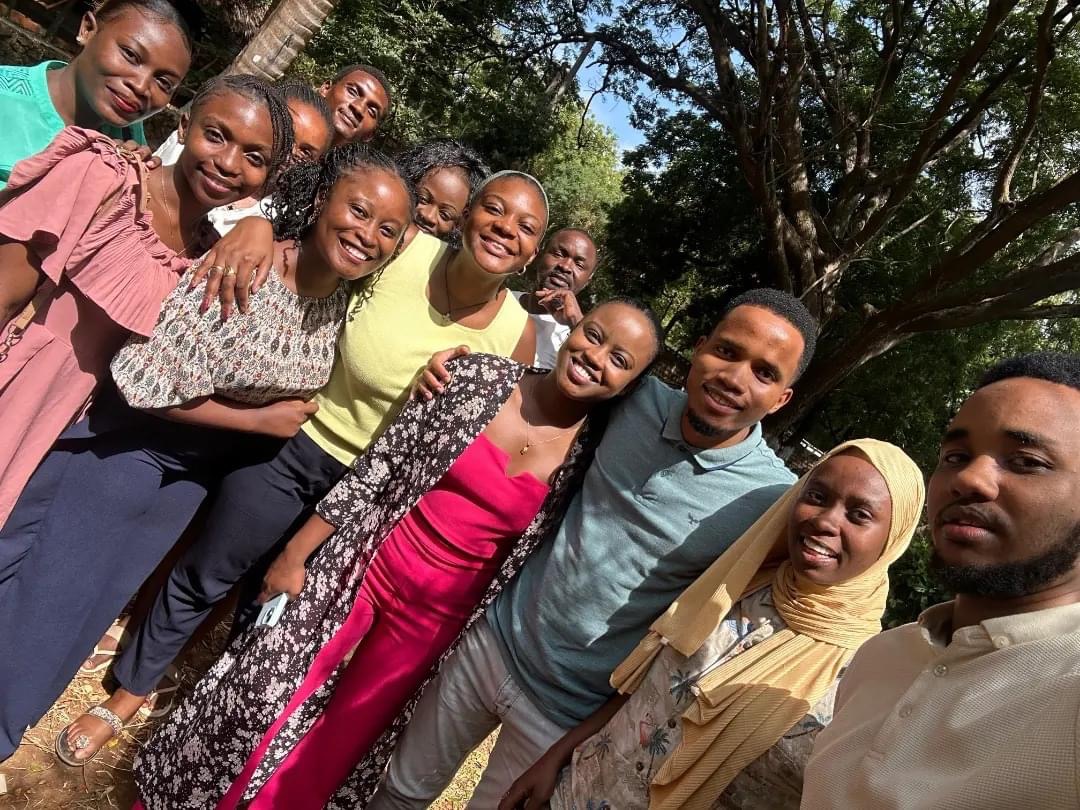
NETWORKING EVENTS FOR OUR COMMUNITY OF JOURNALISTS
Journalism plays a critical role in society by serving as the cornerstone of democracy and a pillar of accountability. It provides the public with accurate, timely, and relevant information, enabling citizens to make informed decisions and participate actively in civic life. Journalists act as watchdogs, holding those in power accountable by uncovering corruption, exposing social injustices, and giving voice to marginalized communities. Through investigative reporting and analysis, journalism fosters transparency, promotes dialogue, and gives citizens the courage to advocate for change. In a world where misinformation can spread rapidly, the integrity and reliability of journalism are more crucial than ever.
In Kilifi County, where numerous social issues such as poverty, healthcare challenges, and education inequalities persist, journalism can be a powerful tool for driving social change. By shining a light on these issues, journalists can raise awareness both locally and nationally, attracting the attention of policymakers, non-profit organizations, and potential investors.
Quality journalism can document the lived experiences of Kilifi’s residents, ensuring that their struggles and triumphs are heard. Moreover, it can facilitate public discourse, helping to build community resilience by informing citizens about available resources and opportunities. In doing so, journalism can help to mobilize collective action, advocate for policy reforms, and ultimately contribute to the social and economic development of Kilifi County.
Despite the vital role that journalism can play in addressing social issues, local journalists in Kilifi County face significant challenges that hinder their effectiveness. A major issue is the lack of proper equipment and resources. Many local journalists operate with outdated or inadequate tools, making it difficult to produce high-quality reports, especially in a digital age where multimedia content is increasingly important.
Additionally, there is a significant skills gap; many journalists in the region lack access to training and professional development opportunities, which limits their ability to conduct in-depth investigations or adapt to new media technologies. Connectivity is another critical barrier, many parts of Kilifi County have poor internet access, which hampers journalists’ ability to research, communicate with sources, and publish their work online. These challenges not only compromise the quality and reach of local journalism but also contribute to the underreporting of important issues in the region, leaving many stories untold and many voices unheard.
Recognizing these gaps, our community space provides working spaces equipped with modern computers and high-speed internet, ensuring that these local changemakers have the tools they need to produce high-quality, impactful stories.
In addition to physical resources, we curate networking events that foster connections among journalists, media professionals, and other stakeholders. These events offer opportunities for skill-sharing, mentorship, and collaboration, enabling journalists to enhance their capabilities and broaden their reach.
In this light, we recently organized two networking events aimed at equipping our journalists with the skills and insights needed to navigate the evolving media landscape. The first event featured Winnie Kamau, the president of the Association of Freelance Journalists and founder of Talk Africa. Winnie introduced our journalists to several transformative trends in modern journalism. One significant trend is data journalism, which combines traditional reporting with data analysis to create more compelling stories. By leveraging data, journalists can uncover hidden patterns, highlight disparities, and present evidence-based stories that resonate powerfully. This approach is particularly valuable in Kilifi, where data-driven journalism can illuminate systemic issues affecting the community.
Winnie also emphasized the growing importance of Artificial Intelligence (AI) in journalism. She noted that while AI can automate tasks and analyze vast amounts of information, it requires careful application to avoid inaccuracies. When used effectively, AI can help produce more polished stories and expand their reach to wider audiences. Additionally, Winnie introduced the participants to Talk Africa, offering them a platform to share their stories on a larger scale, thus gaining exposure and building their portfolios.
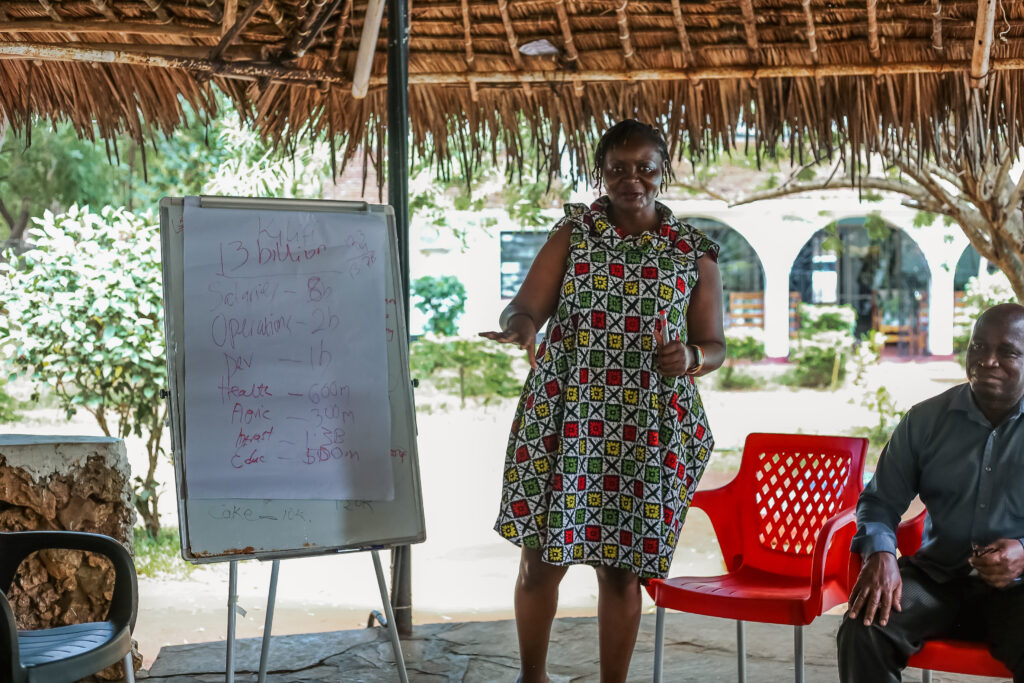
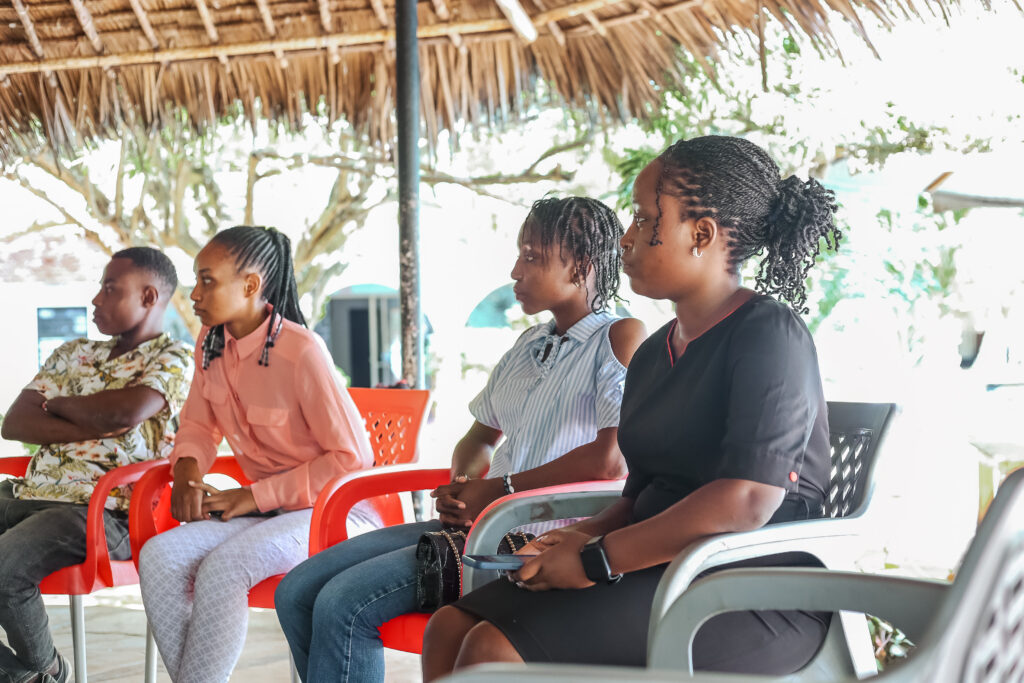
The second session featured Flora Limukii, a Kenyan media personality currently working in Rwanda, who joined us for the second time. Flora shared her inspiring journey from starting her career in Kenya to her current role in Rwanda, emphasizing the importance of seizing opportunities and being proactive in personal and professional growth. Her session was highly interactive, allowing journalists to discuss their challenges and explore how networking and collaboration can help them overcome the obstacles that they face in their work.
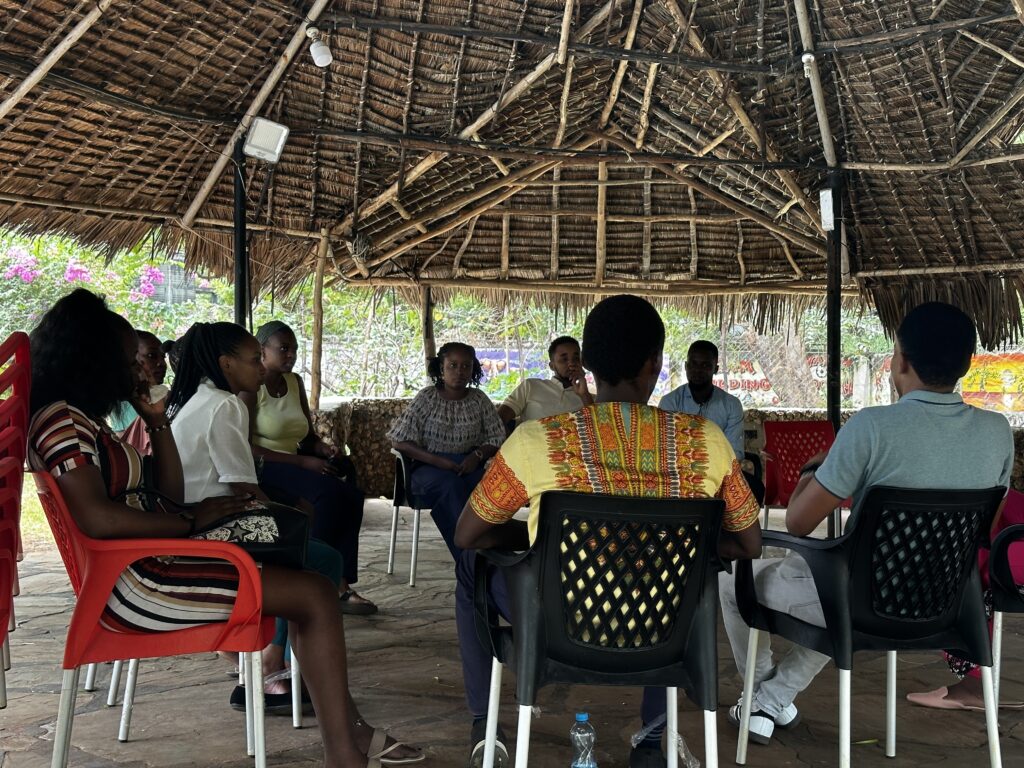
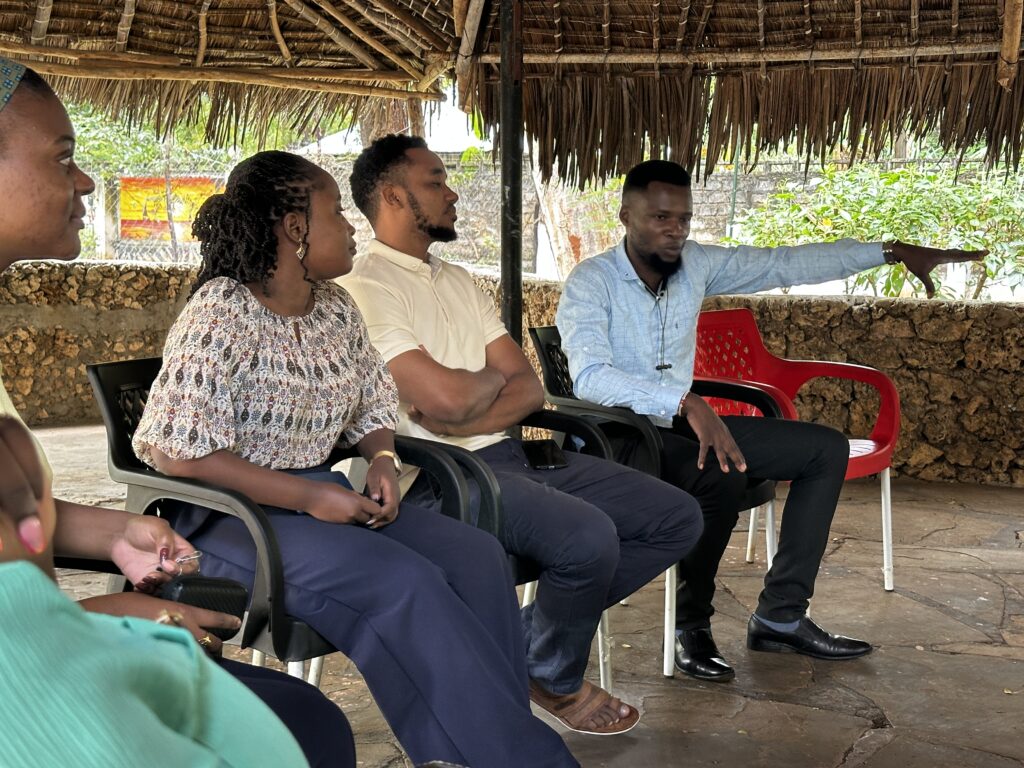
We are happy to support our vibrant community of journalists by providing resources and hosting networking events that connect them with outstanding industry professionals like Winnie Kamau and Flora Limukii. Through such events, these journalists get mentored and are able to tell stories that truly matter and drive meaningful impact in their communities.
At Maono, we firmly believe that transformative change begins at the grassroots level. For this reason, we are dedicated to supporting local changemakers, by equipping them with the tools they need to drive change. Our commitment is to foster an environment where grassroots initiatives can thrive and effect enduring, positive change within communities. By nurturing local talent and providing the necessary resources, we aim to catalyze sustainable development and amplify the impact of grassroots efforts on a global scale.

